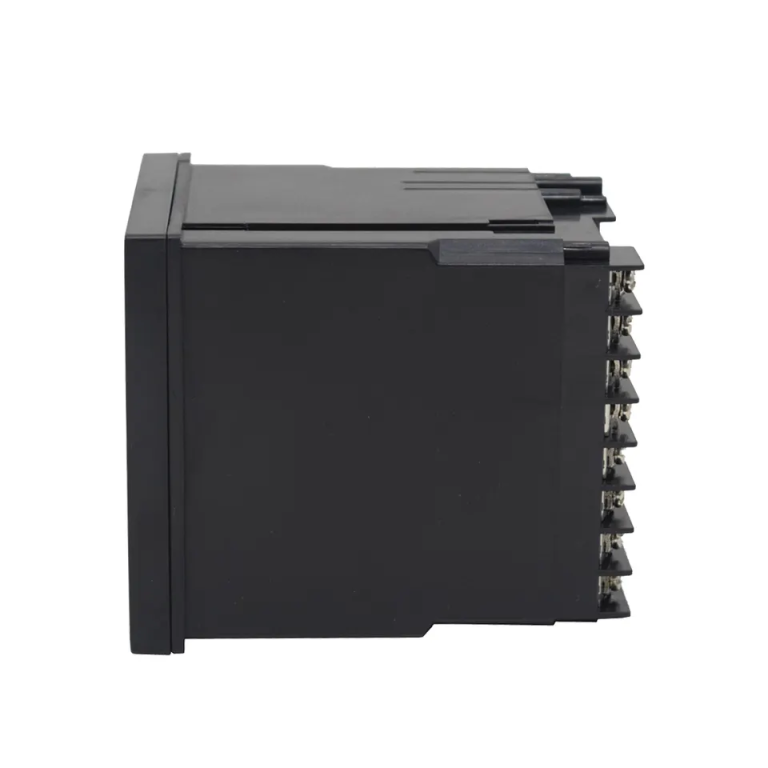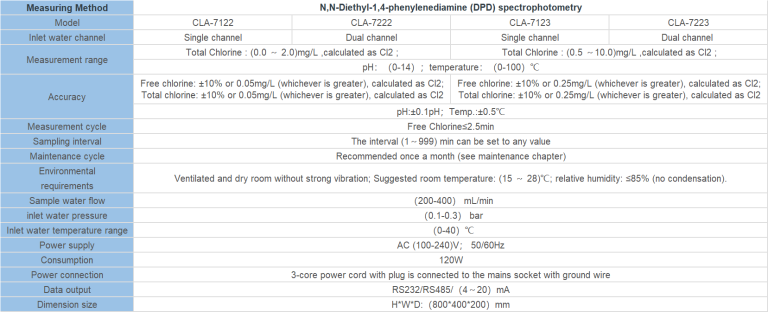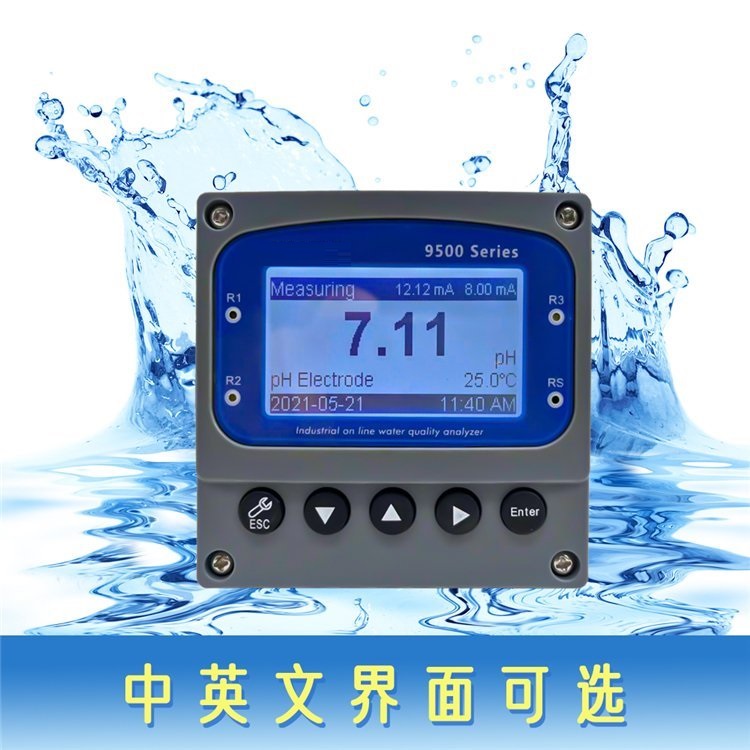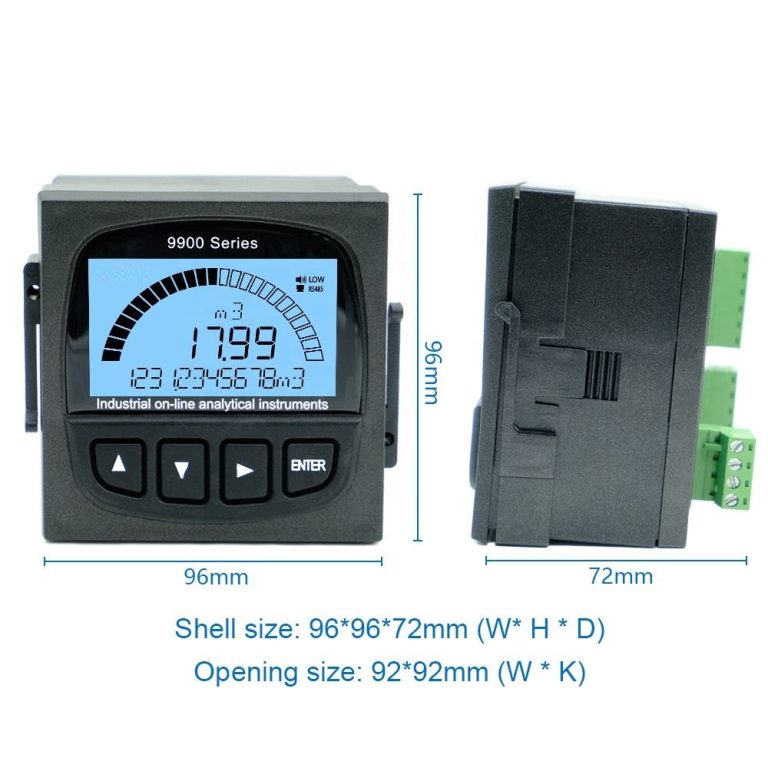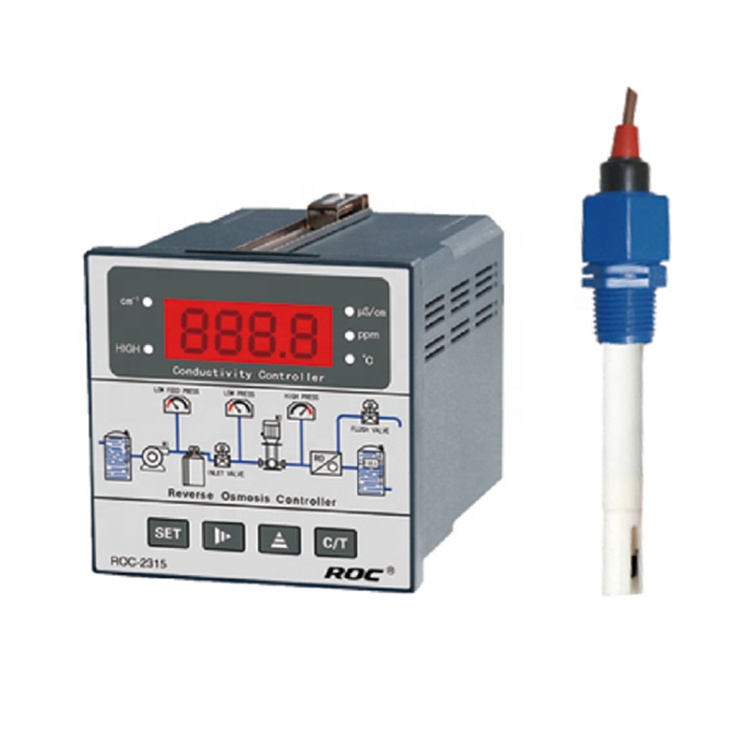Table of Contents
The Importance of Monitoring Total Dissolved Solids in Your Water
Total Dissolved Solids (TDS) refer to the amount of inorganic and organic substances present in water. These substances can include minerals, salts, metals, and other compounds that have dissolved in the water. Monitoring TDS levels in water is crucial for ensuring its quality and safety for consumption.
One of the main reasons why monitoring TDS levels in water is important is because high TDS levels can indicate the presence of contaminants that may be harmful to human health. These contaminants can include heavy metals such as lead, arsenic, and mercury, as well as other harmful substances like pesticides and industrial chemicals. By regularly testing the TDS levels in your water, you can identify any potential issues and take appropriate measures to address them.
In addition to health concerns, high TDS levels can also affect the taste and odor of water. Water with high TDS levels may taste salty or bitter, and have a metallic or earthy odor. This can make the water unpleasant to drink and use for cooking, which can impact your overall quality of life. By monitoring TDS levels, you can ensure that your water is not only safe to drink but also tastes and smells good.
Furthermore, monitoring TDS levels in water is important for maintaining the efficiency and longevity of water treatment systems. High TDS levels can cause scaling and buildup in pipes, fixtures, and appliances, which can lead to reduced water flow, decreased water pressure, and increased energy consumption. By keeping TDS levels in check, you can prevent these issues and prolong the life of your water treatment equipment.
| Model | EC-1800 online conductivity controller |
| Range | 0-2000/4000uS/cm 0-20/200mS/cm |
| 0-1000/2000PPM | |
| Accuracy | 1.5%, 2%, 3%(FS) |
| Temp. Comp. | Automatic temperature compensation based on 25\u2103 |
| Oper. Temp. | Normal 0\uff5e50\u2103; High temp 0\uff5e120\u2103 |
| Sensor | C=0.1/1.0/10.0cm-1 |
| Display | 128*64 LCD Screen |
| Communication | 4-20mA output/2-10V/1-5V/RS485 |
| Output | High/Low limit dual relay control |
| Power | AC 220V\u00b110% 50/60Hz or AC 110V\u00b110% 50/60Hz or DC24V/0.5A |
| Working Environment | Ambient temperature:0\uff5e50\u2103 |
| Relative humidity\u226485% | |
| Dimensions | 96\u00d796\u00d7100mm(H\u00d7W\u00d7L) |
| Hole Size | 92\u00d792mm(H\u00d7W) |
| Installation Mode | Embedded |
There are several methods for measuring TDS levels in water, with one of the most common being the use of a TDS Meter. A TDS Meter is a handheld device that measures the electrical conductivity of water, which is directly related to the concentration of dissolved solids. By simply dipping the meter into a sample of water, you can quickly and accurately determine its TDS levels.
When using a TDS Meter, it is important to follow the manufacturer’s instructions carefully to ensure accurate results. It is also recommended to calibrate the meter regularly to maintain its accuracy. By regularly testing the TDS levels in your water, you can stay informed about its quality and take any necessary actions to address any issues that may arise.
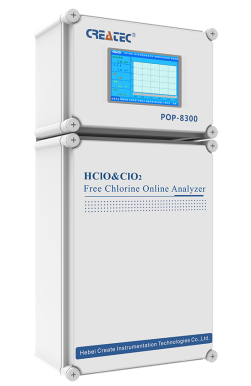
In conclusion, monitoring TDS levels in water is essential for ensuring its quality, safety, and taste. By regularly testing the TDS levels in your water using a TDS Meter, you can identify any potential contaminants, maintain the efficiency of your water treatment systems, and ensure that your water is safe to drink and use. Taking proactive measures to monitor and manage TDS levels in your water is an important step towards maintaining a healthy and sustainable water supply.
How to Choose the Right TDS Meter for Your Needs
Total Dissolved Solids (TDS) meters are essential tools for measuring the concentration of dissolved solids in water. Whether you are a homeowner concerned about the quality of your drinking water or a professional in the water treatment industry, choosing the right TDS Meter is crucial for accurate and reliable measurements.
Another important factor to consider is the measurement range of the TDS Meter. TDS meters are available in a wide range of measurement ranges, from as low as 0-999 ppm to as high as 0-9999 ppm. It is important to choose a meter with a measurement range that is appropriate for the concentration of dissolved solids in the water you will be testing. Selecting a meter with a measurement range that is too low or too high can result in inaccurate readings.
Accuracy and precision are also key considerations when choosing a TDS Meter. Look for a meter that provides accurate and consistent readings to ensure reliable results. Some meters come with built-in calibration features to ensure accuracy, while others may require manual calibration. It is important to follow the manufacturer’s instructions for calibration to maintain the accuracy of the meter.
Ease of use is another important factor to consider when choosing a TDS Meter. Look for a meter that is easy to operate and read, with clear and intuitive controls. Some meters come with additional features, such as automatic temperature compensation or data logging capabilities, which can make testing easier and more efficient.
Durability and reliability are also important considerations when selecting a TDS Meter. Look for a meter that is built to last and can withstand the rigors of regular use. Some meters are designed for portable use, with rugged construction and waterproof housing, while others are more suited for laboratory or industrial applications.
Finally, consider the cost of the TDS Meter. Prices can vary widely depending on the brand, features, and quality of the meter. It is important to choose a meter that fits within your budget while still meeting your needs for accuracy and reliability.
In conclusion, choosing the right TDS Meter is essential for accurate and reliable measurements of dissolved solids in water. Consider factors such as the type of water you will be testing, measurement range, accuracy, ease of use, durability, and cost when selecting a TDS Meter. By carefully evaluating these factors, you can choose a meter that meets your specific needs and provides accurate and reliable results.

